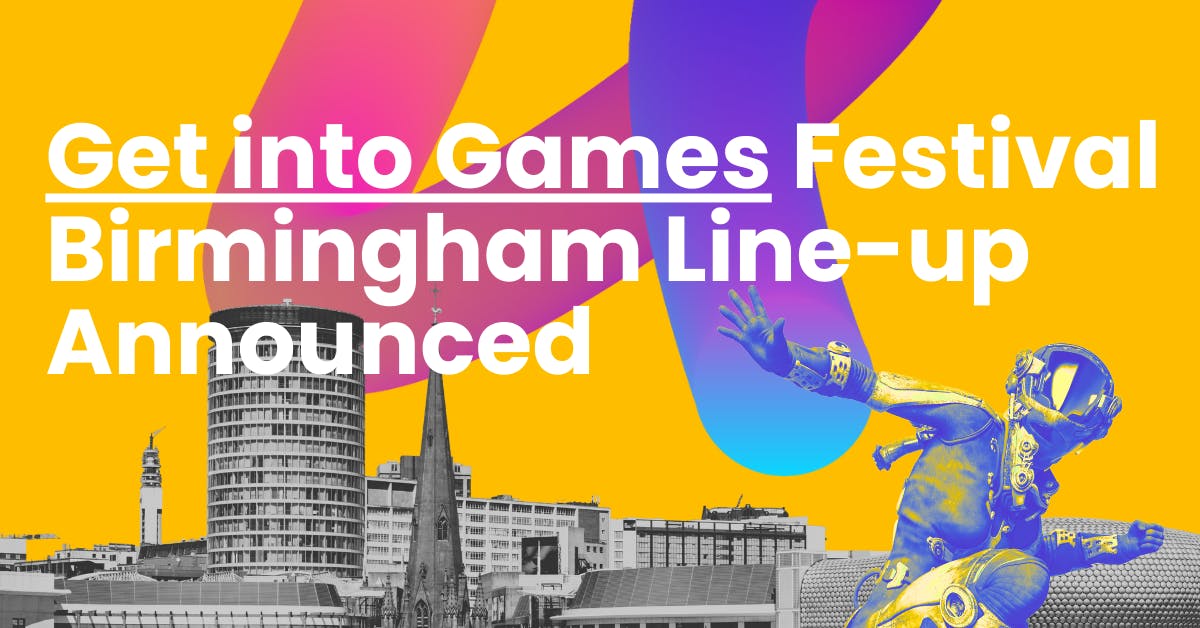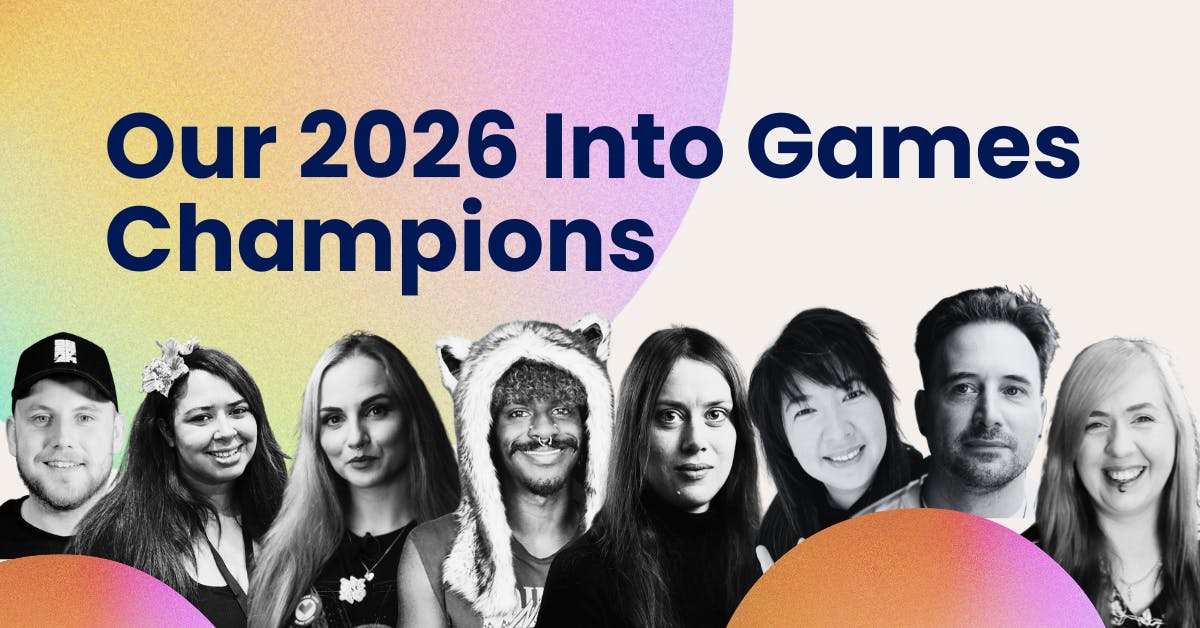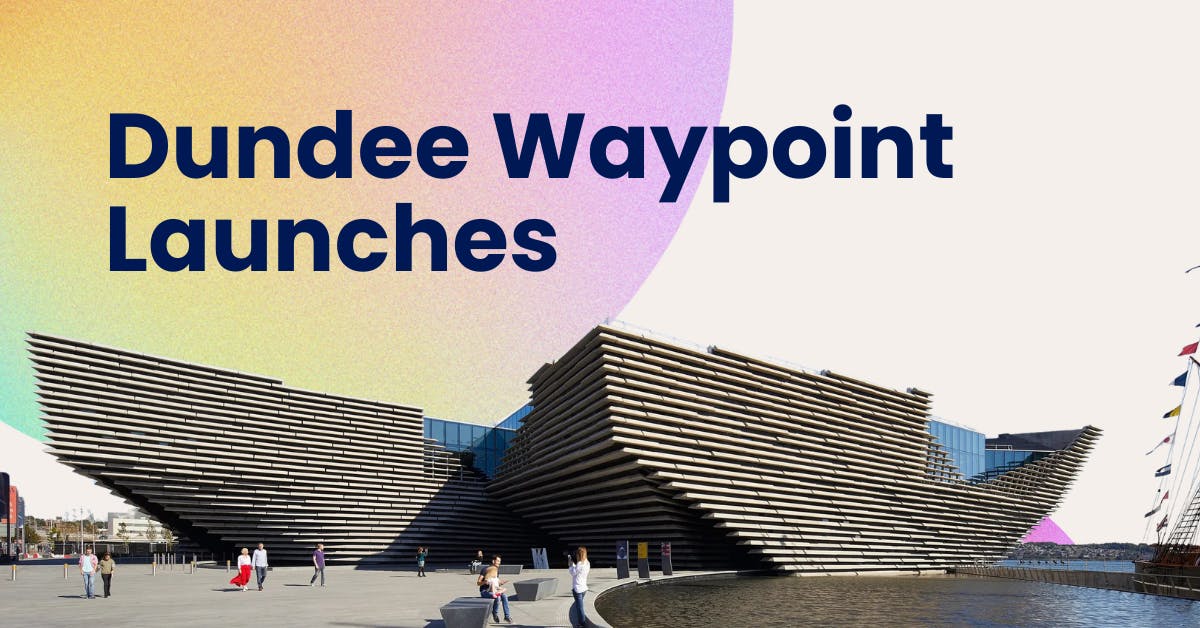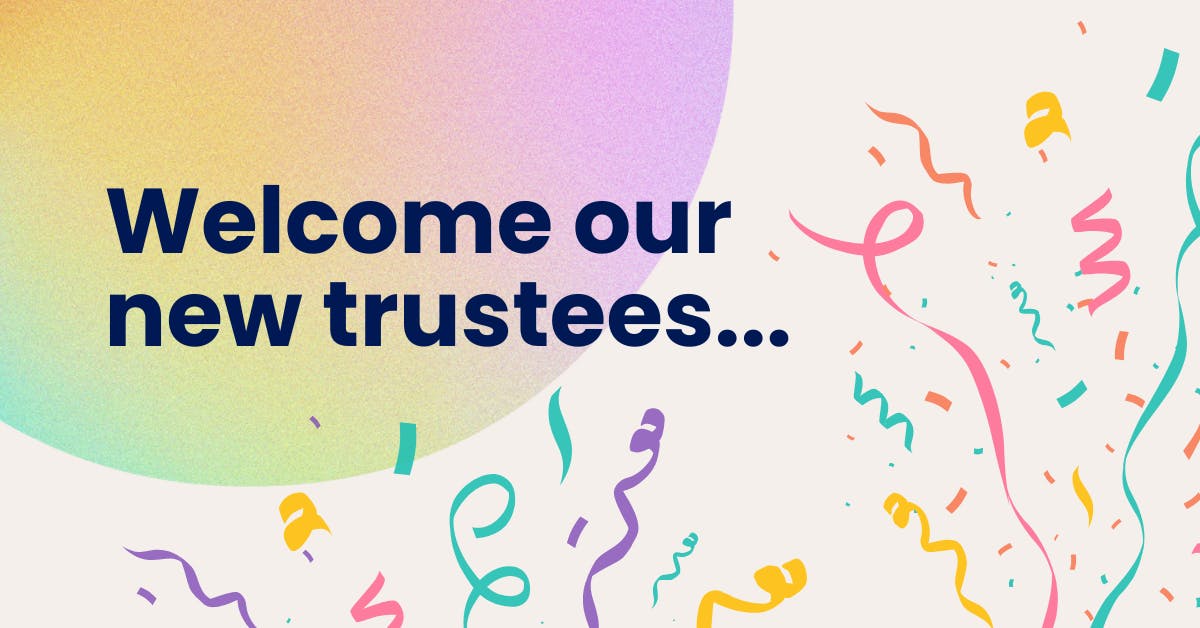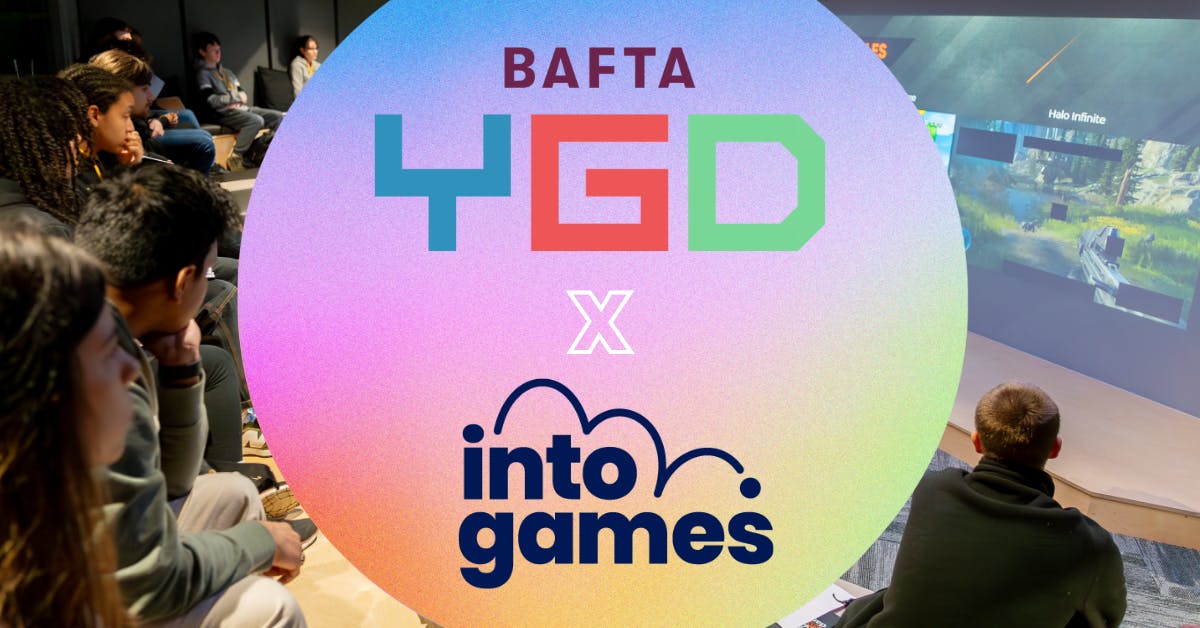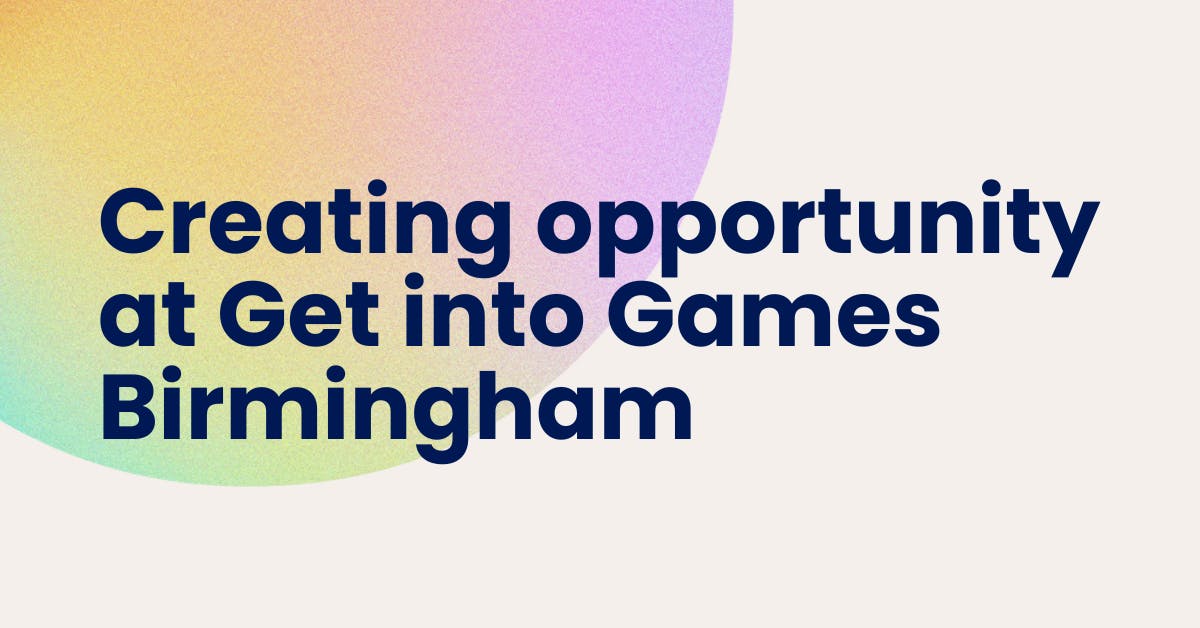
4 May 2020
What does an Audio Designer in games do? Interview with Aston Mills from Jagex
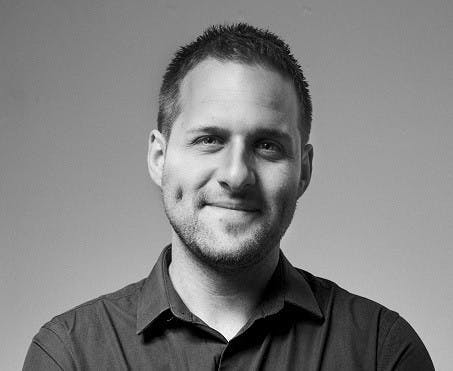
Ashton Mills, works on what is still, one of the most popular MMPORGs ever created, Runescape has millions of players all over the world. It is run by the Jagex, one of the UK's most successful games developers and publishers. We asked Ashton, some key questions about getting into the games sector.
Explain your role like I'm 5
I work on anything that makes a sound in the game. Anything you hear such as when you swing a sword, when a character speaks to you, when music is playing or when you click a something and it goes 'ping', I create those sounds and I tell the game how and when to play them.
What does your average day look like?
Because I work on all aspects of the audio experience (sound design, music, voiceover and implementation) every day is different for me. I could be directing voice actors in a studio one day, the next day recording animals on a farm, the next composing some music and the next writing some code.
What was your learning pathway into your role?
I studied music (major composition) for my undergrad, and music leadership for my masters. But the most relevant learning happened in my own self-study. I took an online course with the School of Video Game Audio which was amazing, and then most of what I learned was through listening to podcasts YouTube videos, reading books, and above all talking to people either online or in person, experimenting with audio and game engines, getting stuck and stubbornly trying to get unstuck. I worked on a handful of small indie games that never got released for a couple of years, including Among The Stones which won the BAFTA 'Ones to Watch' award. This all helped me to learn the tools of the trade, and then I started at Jagex in Jan 2018 where I still am at the moment.
What is the most rewarding thing about your role?
Starting with a blank canvas and breathing life into a silent game world by filling it up with sounds is what I love most about my job.
Who else in the studio do you work with most regularly?
QA, content developers, producers, video/marketing, engine/tools and animation.
What's the most challenging thing about your role?
Although everybody in the industry seems to agree that high-quality game audio is really important, across the industry it's most often given quite a low priority in terms of budget and tech investment, so it's an area that can be quite neglected. This is compounded by the fact that audio is one of the last things on the assembly line: we need scriptwriters, content devs, animators, environment artists etc to have finished their jobs before we can really start ours. This means that any delays further down the line mean we are often in a last-minute rush to get things completed. It's a common theme across the game audio industry, and a difficult one to manage from a production perspective.
What software or digital tools do you use the most?
Reaper is my weapon of choice for anything to do with making assets. Adobe Audition for last-minute tweaks. We use an in-house engine for RuneScape, so the tools we use to add sounds to maps, sync sounds to animations or write sound commands into scripts (using our proprietary scripting language called Runescript) are all in-house. I use JIRA a lot for project management stuff and any non-RuneScape code things I use Visual Studio. It's worth noting that I do everything in Windows (please don't let anyone tell you that you need a Mac to work as an audio professional).
What are the key skills needed for you to work on to do your role?
As said my role is super-broad so the list is quite long but to name a few you need to:
- Be able to fly around a DAW, particularly to make SFX
- Be good at communicating with people of different disciplines.
- have a well-rounded approach to learning and developing new skills, even if they aren't directly related to your core practice.
- be able to critically reflect on sound design, both your own and other peoples'
- be able to problem-solve and think creatively about how to do the best you can with the resources you have available.
- Most companies will require you to have a working knowledge of a middleware tool (mostly Wwise).
What advice would you give to your younger self looking to get started in the industry?
- Sound design is as creative, fun and expressive as music, you just don't know it yet.
- You need the experience to get a job, but you can get a lot of experience by working on your own games. Don't be afraid to get your hands dirty and learn how to make your own simple games in Unity/Unreal and make sound for those.
- To get into the industry you have to play the long game. You have to keep trying and learning and feeling like you're getting nowhere then eventually it happens. So don't give up.
Do you have any links to good articles or videos that you think might give some tips or advice to someone starting in your role?
Stay up to date
It's time to level up your inbox
Pick which newsletters you're interested in receiving, and customise further by specifying a discipline.
Join our mailing listTell me more
